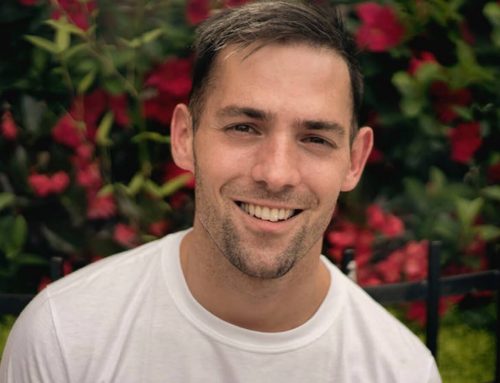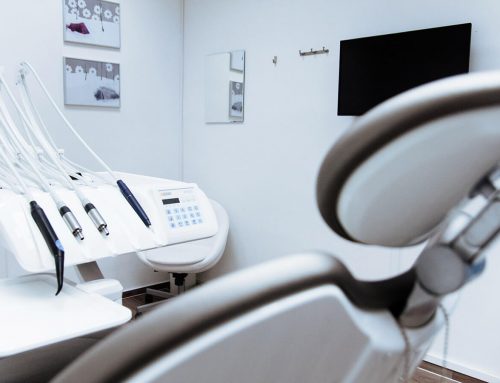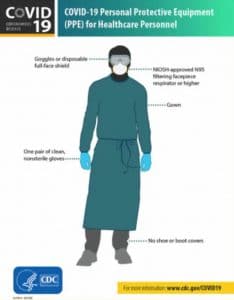 Feeling a lump in one’s mouth can be a cause for concern. Oftentimes it winds up being something that is short-lived: a canker sore or just irritation from wearing braces. They go away fairly quickly. It’s when things linger that people should go see a dental professional to rule out the worst case diagnosis: oral cancer.
Feeling a lump in one’s mouth can be a cause for concern. Oftentimes it winds up being something that is short-lived: a canker sore or just irritation from wearing braces. They go away fairly quickly. It’s when things linger that people should go see a dental professional to rule out the worst case diagnosis: oral cancer.
While people of all ages have had this,men who are over the age of 50 should be especially vigilant – they are the group that gets the diagnosis the most.
While it is is lower on the list of annual cancer diagnoses, averaging roughly 40,000 a year, it’s still a very real possibility. Here are the things that one should know about oral cancers so that they can prepare themselves.
Diagnosis
Many times the dentist or hygienist may even catch the issue first since being on the lookout for oral cancer is part of their routine check-up at the patient’s twice-yearly cleaning. They will feel the face, neck, oral cavity, and the head to make sure no lumps have formed since the last time. They will also check the mouth to ensure that no sores or white spots are in there. If there’s anything that seems unusual, they will refer patient to an Oral Surgeon for biopsy it to make sure that it’s not cancerous.
The signs of oral cancer are not always as obvious as having a sore in one’s mouth. People should call their dentist if they see any of these symptoms:
- Mouth bleeding
- Irritation or ulcer that persists for more then 2 weeks
- Ear pain
- Numbness in the face, mouth, and neck
- Weight loss
- Difficulty swallowing
- Feeling of something in back of throat
While these symptoms may be indicative of something else, it’s always best to be examined by a dental professional.
Treatment
Biopsy will dictate the mode of treatment in order to cure the cancer. Surgical removal, chemotherapeutic and/or radiation is the most common treatments. Early detection and diagnosis is the key.
Risk Factors
While, like many other cancers, some people get oral cancer despite abstaining from these things or not displaying the genetic traits, here are some ways people may be predisposed:
- Heavy drinking
- Smoking
- Using smokeless tobacco – i.e. chewing tobacco or dip.
- Poor diet
- Family history
Prevention
Avoiding the above things can greatly improve one’s chances of not getting any kind of oral cancers. That includes a good tooth brushing routine and flossing often. They should drink alcohol, if any, in moderation and avoid tobacco. Keeping twice-yearly dental appointments plays a big part, since early detection is extremely important. Also, one should check themselves monthly and immediately report any changes like lumps, white spots, or sores. It’s not wise to leave unchecked.
Another important factor is the amount of time spent in the sun. Skin cancer is far from the only concern – oral cancer can form on the lips and what is one of the most exposed areas? The mouth. Exercise extreme caution.
The staff at US Dental carefully examines every patient for oral cancers and will work closely with them should anything be diagnosed. Patients who have questions can call 614-252-3181.
Published By:
US Dental and Medical Care
949 E Livingston Ave,
Columbus, OH 43205
Phone: (614) 252-3181
Website: https://usdentalmedical.com







Leave A Comment
You must be logged in to post a comment.